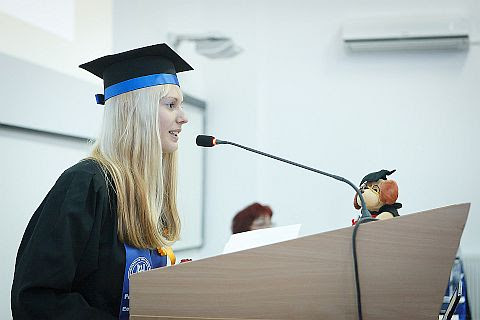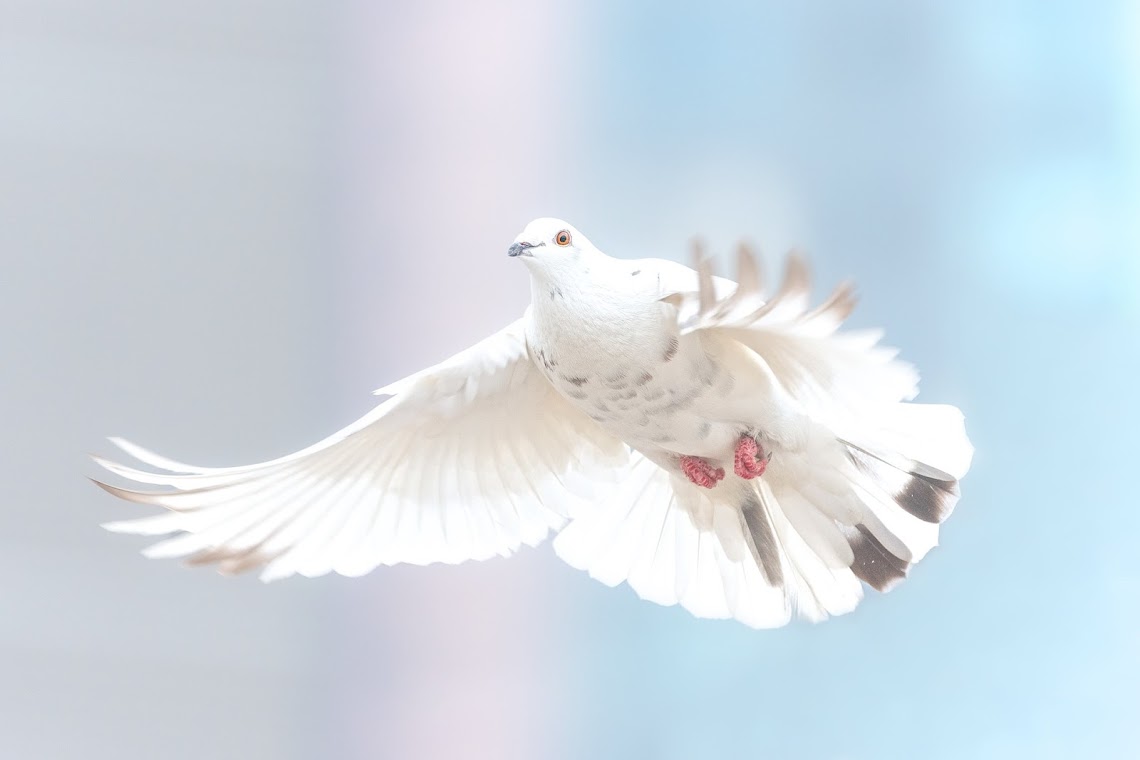Press Release Ukraine: People with chronic diseases face massive challenges in accessing health care, according to new WHO survey1 in 3 households home to at least 1 person with a chronic condition is unable to secure medication and care Lviv, 22 April 2022 - At the 2-month mark of the war in Ukraine, a new WHO survey illustrates the devastating impact of the humanitarian emergency on the health and well-being of millions of civilians, and the severe challenges facing the Ukrainian health system. Preliminary results from an ongoing nationwide health needs assessment, conducted in partnership with Premise, indicate that of the 1,000 households that have responded so far, 1 in 3 (30%) that have at least 1 person with a chronic disease reported challenges in accessing care for those conditions. The survey also shows that 2 out of 5 households (39%) have at least 1 member with a chronic illness, such as cardiovascular disease, diabetes or cancer. Less than a third (30%) of respondents sought out health-care services recently; of those, 39% cited the security situation as the main reason, while 27% reported that no health-care services were available at all in their area. Most households (70%) surveyed are sheltering in their own homes at this time, while 11% are staying with friends and family members in relatively safer areas, 8% are on the move within Ukraine, and 3% are in a shelter or camp for internally displaced people. “Two months into the war, our findings show the urgent need for continued health system support in Ukraine,” said Dr Jarno Habicht, WHO Representative and Head of the WHO Country Office in Ukraine. “Through our long-standing engagement with the Ministry of Health, national health institutions and our many partners and donors, WHO has been able to reach nearly 7.5 million people over the past 8 weeks with life-saving supplies, equipment and medicines. But we are still unable to reach some of the hardest-hit areas in the east where the health system has all but collapsed. We have received reports, for instance, that nearly all health facilities and hospitals in Luhansk oblast are either damaged or destroyed, and the situation is critical in several others. It is vital that we gain access so we can assess health needs and move vital supplies into affected areas, including Mariupol. Civilians have a right to health, even in times of war.” Ukraine’s health system is facing multiple challenges, with the situation growing more dire by the day. The risk of infectious diseases, and increasingly waterborne diseases, is significant, and routine immunization, including COVID-19 vaccination, is greatly diminished because of the war. Access to reproductive, maternal and antenatal care, as well as mental health care, is severely impacted due to security concerns, restricted mobility, broken supply chains and mass displacement. And health care continues to come under attack, with more than 160 verified incidents since 24 February. “As the health agency of the United Nations, WHO is in a unique position to engage in dialogue with all parties to press for, and secure, safe passage for critical health and medical supplies nationwide,” explained Dr Hans Henri P. Kluge, WHO Regional Director for Europe. “Through our Regional Office and country offices, we are constantly in touch with Health Minister Viktor Liashko and Ukrainian health authorities, collectively strategizing to ensure as best we can that health-care providers and facilities can continue to function.” Working closely with partners on the ground and through the generosity of a range of donors and funders, WHO has managed to deliver specialized medical and emergency supplies, deploy medical teams in hard-to-reach areas, and help minimize disruptions to critical services, including treatments for HIV, tuberculosis and diabetes, routine immunizations, and mental health support. Together with a range of partners, in the past 2 months WHO has:
As of 21 April, WHO had received US$ 26.3 million of its appeal for US$ 45 million (58%) to cover its emergency response from March through May. A further US$ 18 million has been pledged. These funds will enable WHO to reach 6 million people with health-care assistance. “WHO is grateful to all the governments, individuals, corporations and organizations contributing to our Ukraine Appeal. We would like to thank Canada, Ireland, Japan, Norway, Switzerland, the Novo Nordisk Foundation, European Civil Protection and Humanitarian Aid Operations, and the United Nations Central Emergency Response Fund for their timely contributions,” said Dr Habicht. “Flexible funding remains critical to enable WHO to deliver urgent, life-saving assistance where it’s most needed.” According to the United Nations, more than 12 million people have been forcibly displaced by the Russian invasion: 7.1 million people are displaced within Ukraine and more than 5 million refugees are outside Ukraine. Another 2.9 million are considering leaving their homes due to the war. “Addressing the health impacts of the war in Ukraine and surrounding countries remains my highest priority,” said Dr Kluge. “During, my recent visit to Ukraine on World Health Day, I was deeply impressed by the resilience of the health workers I met, who are going over and above the call of duty to treat patients and serve their communities, despite the difficult circumstances. I complimented as well the Ministry of Health for their efforts.” Dr Kluge added, “WHO/Europe is committed to supporting Ukraine now and in the future. As we respond to the immediate humanitarian needs, we must also plan for reconstruction and rehabilitation in parallel. The challenges are formidable, but WHO will work with national authorities and partners every step of the way, striving to achieve health and well-being for all.”
Press contacts WHO Europe Press Office: eupress@who.int |










Keine Kommentare:
Kommentar veröffentlichen